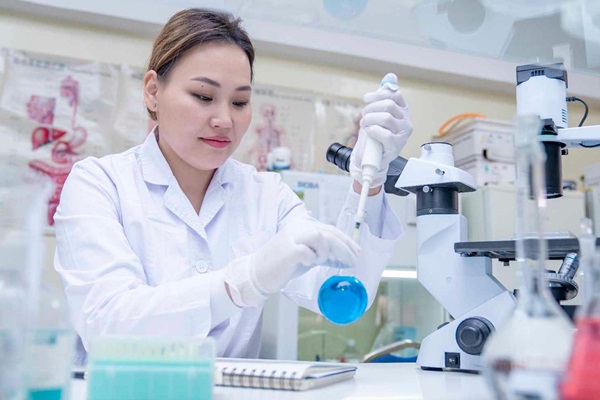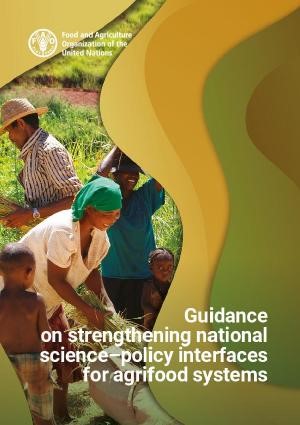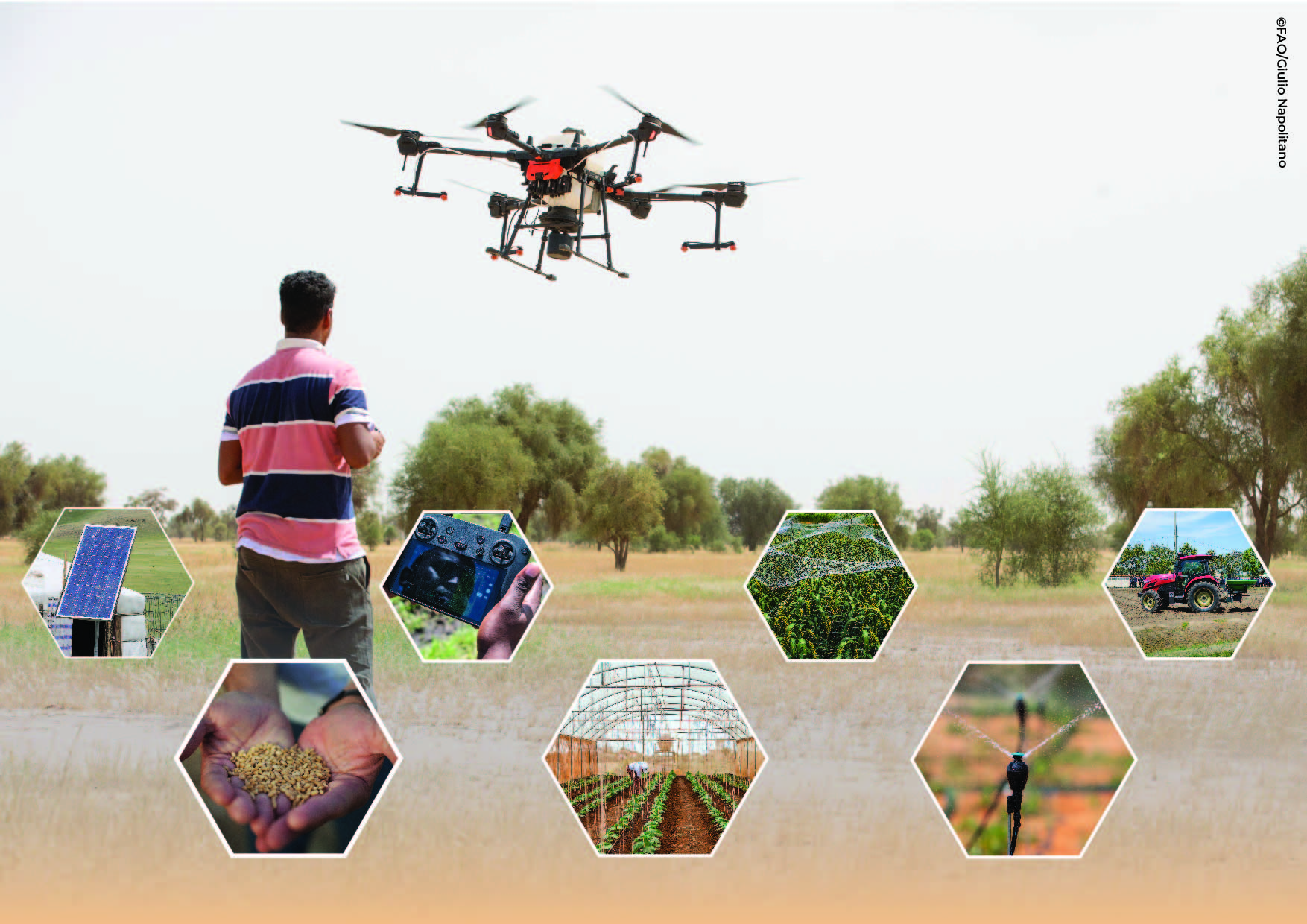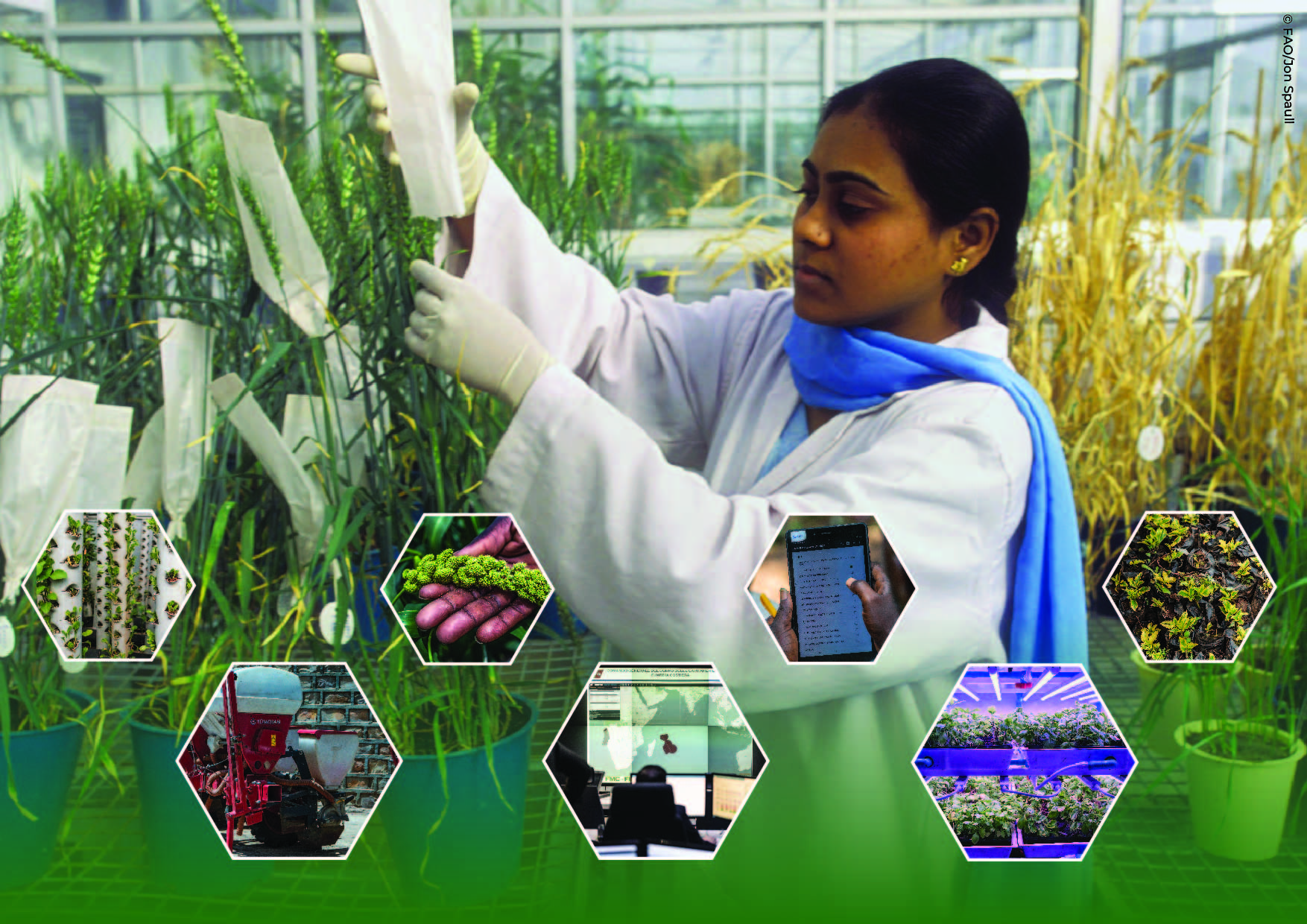Agrifood systems face complex and unprecedented challenges related to climate change, biodiversity loss, migration, conflict, economic instabilities, and COVID-19. Inequality of income is growing, and many rural inhabitants live in poverty or extreme poverty.
The world is not on track to achieve zero hunger by 2030. FAO believes that Science, Technology and Innovation (STI) can accelerate the transformation of agrifood systems so that they become MORE efficient, inclusive, resilient, and sustainable, agrifood systems for better production, better nutrition, a better environment, and a better life, leaving no one behind.
Latest

News
FAO, IFAD and WFP join forces to celebrate International Women's Day 2025
06/03/2025
FAO, IFAD and WFP together marked International Women's Day 2025 at an event today, reiterating their strong commitment to the empowerment of women...

Farmer Field Schools Innovation Award 2025
Celebrating Field-Level Solutions for Sustainable Agrifood Systems
Submit your application now!

Publications
Guidance on strengthening national science–policy interfaces for agrifood systems
11/2024
In line with its Science and Innovation Strategy, FAO has developed this guidance on strengthening science–policy interfaces (SPIs) for agrifood systems...

Event
FAO Global Agrifood Biotechnologies Conference
16/06/2025 - 18/06/2025
As part of its 80th Anniversary celebrations, FAO is organizing a Global Agrifood Biotechnologies Conference entitled “Biotechnologies for a Sustainable...
Key messages
FAO’s role in science, technology and innovation
FAO contributes to strengthening the link between science, research and development and does contribute to science (for example, through its work on data) and develops innovations (for example, institutional innovations such as Codex Alimentarius, social innovations such as Farmer Field Schools and technological innovations such as the geospatial platform of the Hand-in-Hand Initiative).FAO translates the science and innovation that is developed by other actors into practical tools and policy guidance for development. FAO provides support to countries on innovative practices, approaches, methodologies and tools. It also supports science-driven innovative processes, platforms, and multi-stakeholder mechanisms.
Due to its unique position as a specialized agency of the UN and facilitator of intergovernmental processes, FAO is well-positioned to connect technical, development and financial partners, policymakers, producers, scientists and innovators, in all sectors of agrifood systems through a shared global agenda. FAO’s Governing and Statutory Bodies provide an interface for science and policy. FAO is uniquely placed to convene all agrifood systems actors to discuss and debate contentious scientific issues, including prevailing power asymmetries and socioeconomic inequalities. FAO is also uniquely placed to support its Members in strengthening national policy frameworks for enhanced science and innovation, identifying research priorities at regional and global levels and communicating them to the major research institutions.

Technology
Technology is an instrumental part of the package of solutions needed to transform agrifood systems, and the development and diffusion of new technologies and associated knowledge, can be a powerful driver of sustainable development.
Read more
Innovation
Innovation is a central driving force for achieving a world free from hunger and malnutrition. Technological, social, policy, institutional, and financial innovations are key to transforming agrifood systems.
Read moreScience, technology and innovation and the SDGs
Science, technology and innovation are at the heart of the 2030 Agenda for Sustainable Development and appear in numerous Sustainable Development Goals (SDGs) targets.
Several agrifood systems-related SDG targets address technology (SDG2a, SDG 6a and SDG14a for agriculture and rural infrastructure, water use, and marine technology respectively). Other SDGs include targets on technology related to energy, women’s empowerment, infrastructure and industrialization, and means of implementation (including partnerships).
Innovation is included in relation to economic productivity, decent job creation, industrial development and capacities of developing countries.
Science (with technology and innovation) is recognized as a key means of implementation of SDGs. The 2030 Agenda's Technology Facilitation Mechanism (TFM) and its UN Interagency Task Team on Science, Technology and Innovation (IATT), in which FAO is an active member, provides a multistakeholder cooperation mechanism to promote coordination within the UN system.



















